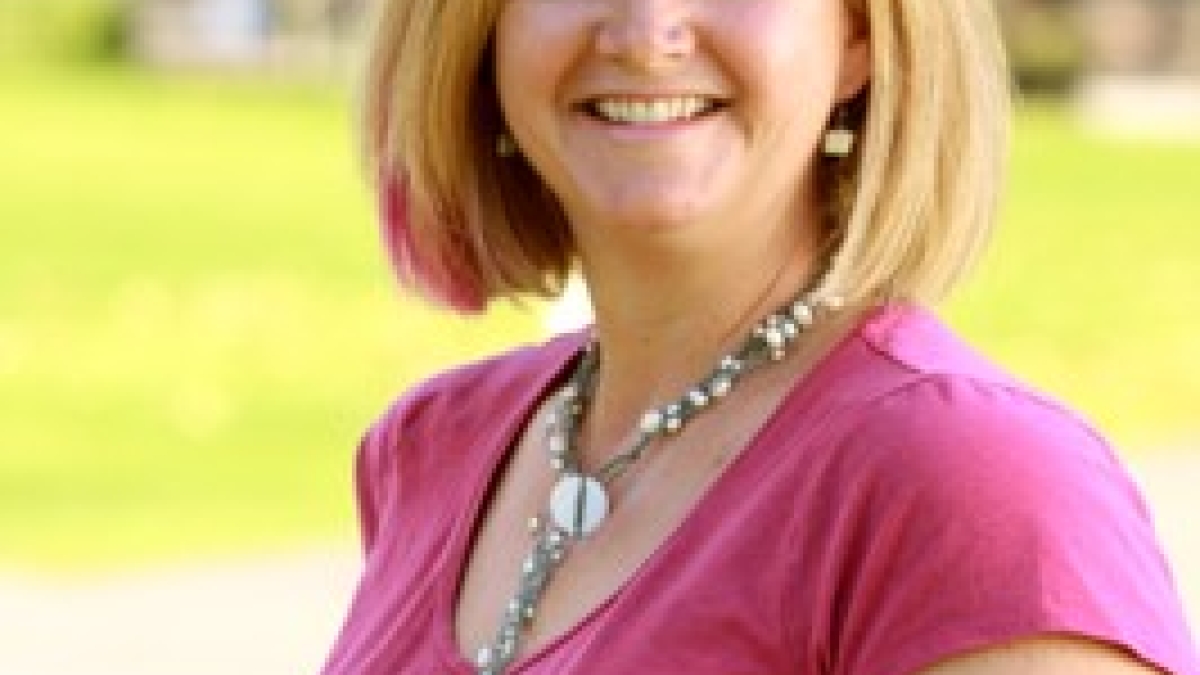Study finds extensive prostitution ads on Backpage.com

A provocative study, recently released by Arizona State University, finds that nearly 80 percent of ads posted on the adult-services section of Backpage.com are for prostitutes.
The collaborative research project led by ASU and the Phoenix Police Department analyzed nearly 2,000 adult entertainment ads posted on Backpage.com in the Phoenix and Philadelphia markets between May 12 and May 20, 2012. Guided by an experienced Phoenix Police vice lieutenant, the researchers from ASU’s School of Social Work identified and collected data on ads possessing language and visual cues that are unique to prostitution/sex trafficking or serve as indicators of persons under age 18.
A comparative analysis was conducted to determine how online ads in Phoenix differ from those placed in other major U.S. cities of comparable size. Philadelphia was selected as the comparison city as it is similar in size to Phoenix, but has significant racial, economic and regional differences.
During the week-long study the researchers found the following:
• More than 900 advertisements offered sex or prostitution in Phoenix, out of 1,145 postings.
• Nearly 650 ads offering sex or prostitution, out of 903 ads, were posted in Philadelphia.
• Eighty-eight girls, believed to be under the age of 18, were reported to Phoenix Police.
According to its authors, Dominique Roe-Sepowitz, an associate professor with the School of Social Work, and James Gallagher, a lieutenant with the Phoenix Police Department Vice Enforcement Unit, the study was conducted to explore the adult entertainment section of Backpage.com to evaluate its content and to see if any defensible observations could be derived from its review.
The findings from the study suggest the following:
1) The exit needs of sex trafficked/prostituted individuals placing ads online are unknown as they are a group that has received little attention and are not accessible through traditional street-level outreach services (health, mental health, detox, safe-housing).
2) The prevalence of Johns and recruiters on Backpage.com was greater than anticipated. These solicitations fell into two distinct categories: Johns soliciting sexual services via offers of money in exchange for time or a particular sexual act; and pimps or escort agencies soliciting existing Backpage.com posters to join their organization with the promise of security, enhanced economic benefit and/or administrative support.
“While it was expected that offers for sexual services would be common on the site, what was not expected was the number of solicitations for sexual services,” Gallagher said.
The study is being used to help inform efforts by Phoenix Police to develop and implement arrest-alternative/intervention programs for adult victims of prostitution or sex trafficking, an approach that is increasingly becoming a model for other law enforcement agencies across the United States, Gallagher said.
“ARISEPhoenix, a Web-based outreach strategy, is the most recent innovation that we are initiating in an effort to deliver vital social support services to a vulnerable and vastly underserved population,” Roe-Sepowitz said.
With support from key community partners, the website seeks to connect victims with options and access to safe housing, food, clothing, medical services, crisis mental health counseling, detox and drug treatment services. ARISEPhoenix extends the reach of Project ROSE (Reaching Out to the Sexually Exploited), first initiated in September 2011 as a two-day, undercover operation designed to get prostitutes off the streets and connected with social services through a diversion program rather than with the criminal justice system.
“The operation involves a broad coalition of social workers, police, health care providers and religious organizations working collaboratively to meet the essential human needs of these individuals with the care and sensitivity that is expected and deserved by a person in crisis,” Roe-Sepowitz said.
Project ROSE was repeated last April, producing encouraging results, she said:
• Twenty-nine victims received health care services from Healthcare for the Homeless.
• Twenty-six saw EMPACT for mental health services.
• Twenty-three saw Community Bridges with seven entering crisis detox.
• Ten were connected with safe housing.
• Seventy-three completed intakes with Catholic Charities Dignity Diversion.
More information on the study here: Backpage.com study.